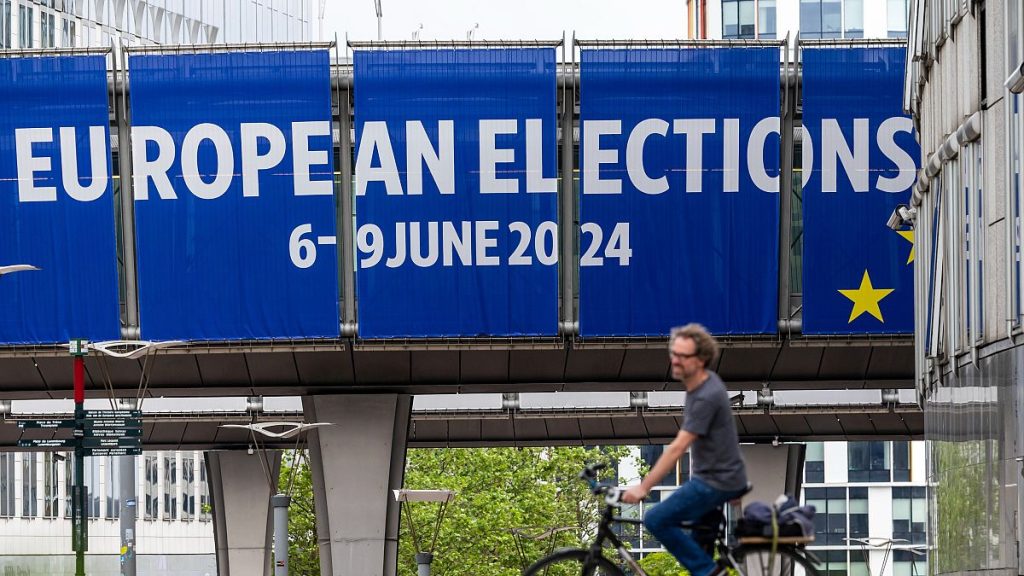In the lead-up to the European Union elections in June, Hungarian Prime Minister Viktor Orbán and Belgium’s Vlaams Belang are leading the field in a social media advertising splurge. Orbán’s spending on Google ads, totaling over €60,000 in the last 30 days, has garnered him over 10 million views in just 11 days. The content of his ads, focusing on anti-war sentiments and aligning with a pro-Russian stance, reflect the messaging of his Fidesz party. Vlaams Belang in Belgium has also made a significant ad spend of between €50,000 and €60,000, promising voters less immigration and more purchasing power. The far-right parties seem to dominate the advertising space on social media, but it’s not exclusive to them, as centrist and pro-European parties like Renew Europe, the FDP in Germany, and Volt in Austria are also investing heavily in campaign ads.
Major online ad providers like Google and Meta (owner of Facebook) are the platforms through which these political parties are spending significant amounts of money to secure votes ahead of the EU elections. Google data shows that Orbán’s ads in Hungary and Vlaams Belang in Belgium are leading in spending, with a focus on controversial topics such as war and immigration. While far-right parties are prominently featured in these ad spends, centrist and pro-European parties are also investing in social media campaigns to reach a wider audience and engage with voters. The European Parliament itself has also invested in Facebook ads to encourage voter turnout, though these are excluded from the analysis provided by Euronews.
The online advertising landscape for political campaigns in the EU has been a subject of controversy, especially following the Cambridge Analytica scandal and allegations of Russian interference in elections. However, major social media platforms are now committed to transparency and publish data on political ad spending. EU rules have been established to prevent pre-election spending from abroad and ensure that campaign ads are not targeted based on political views. Despite these regulations, there are instances where even the European Commission has been accused of violating these rules in their social media promotions. As the EU elections approach, the way in which political funds are allocated for online advertising remains a point of contention.
While political ad spending in EU elections may not reach the levels seen in the US, where candidates can spend millions on a single ad, the allocation of funds for social media campaigns is still under scrutiny. Different countries in the EU have varying levels of spending on political ads, likely due to nationally imposed caps. Some countries, like France and Portugal, show minimal spending on political campaigns, while others, such as Romania, focus more on local elections like the race for Mayor of Bucharest. The diversity in spending levels across the bloc indicates the importance of understanding the role of social media advertising in engaging voters and influencing election outcomes.


